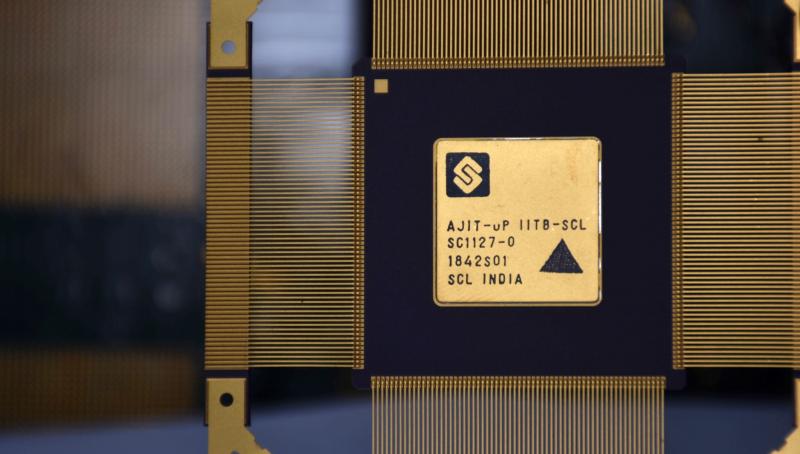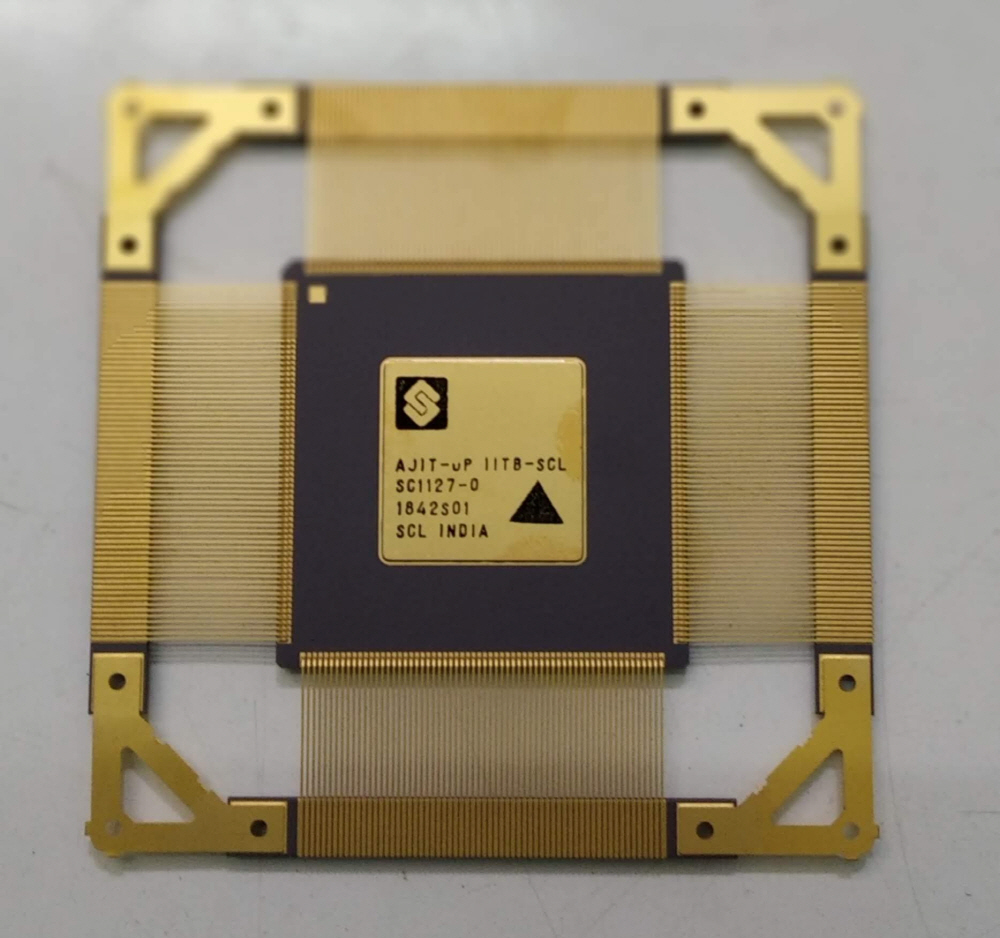
The Indian appliance market has been booming so unprecedented. It is expected to grow to $ 400 billion by 2020. A team of researchers from the University of Mumbai has developed the first microprocessor AJIT designed and manufactured in India.
According to statistics released by the government, electronics imports account for more than 10% of India’s total imports. It is the second most followed by petroleum products. One of the importing electronic devices is the microprocessor, which is the brain of electronic devices.
A microprocessor is an integrated circuit that includes millions of transistors that are fused into a semiconductor chip. It is only a few millimeters in size, but it is used in most electronics, from appliances such as microwave ovens and washing machines to supercomputers mounted on space stations.
However, microprocessor development and production require significant investment and know-how. Thus, microprocessor manufacturing and sales are possible only in limited companies around the world. India is growing at a global level in terms of software, but hardware is not catching up with other countries.

The 32-bit microprocessor AJIT, developed by a government-owned semiconductor lab at the University of Mumbai, is the first Indian processor to operate at 70-120 MHz. It also has a device that can perform basic arithmetic and logic operations such as add / subtract comparison, and a memory management unit that stores and retrieves data in memory. There is also a hardware debugger unit with a floating point unit designed to efficiently handle fractions, and monitoring for programming microprocessors.
AJIT is small compared to the Intel Xeon series. It can be applied to factory automation system, traffic light control panel, robot system construction, and so on. The University of Mumbai researchers estimate that if AJIT is mass-produced, it will cost less than Rs 100 per unit.
Researchers say it is the first step in a 180nm manufacturing process, and that it is not high-tech, but it is sufficient for most applications. The company plans to move to a 65nm manufacturing process and commercialize a more advanced processor. For more information, please click here .


















Add comment